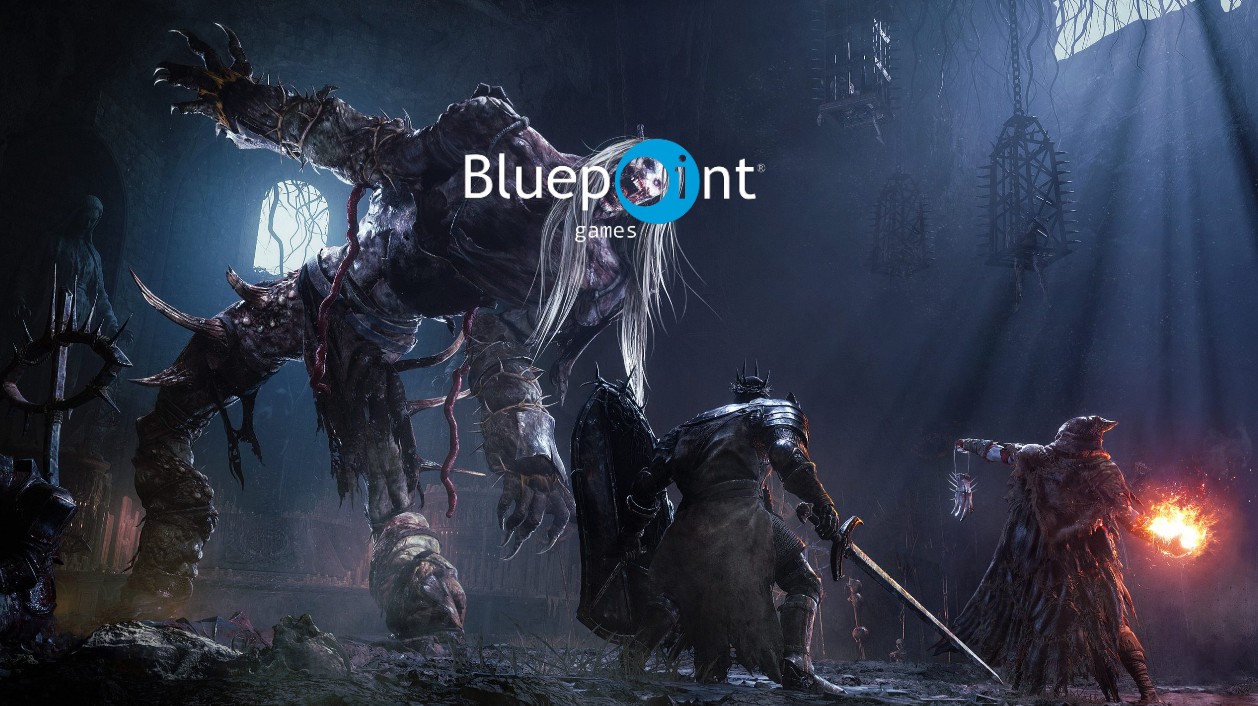Suicide Squad: Kill The Justice League is set to be Rocksteady Studios’ first release in nearly a decade. Rocksteady set a new standard for the superhero genre with the Batman Arkham franchise, so expectations are high for the upcoming game.
However, the developer has not revealed much about the upcoming game. Previous trailers have mostly been centered around story cinematics, with small snippets of gameplay featured in between.
Last month, it was revealed that the late Kevin Conroy would return as Batman for the game. A new screenshot has now been leaked, and it shows a Battle Pass and hints at live-service elements for Suicide Squad: Kill The Justice League.
Suicide Squad in game image leaked on 4chan. It has a battle pass. pic.twitter.com/ldwlBx4bcT
— Rebs Gaming (@Mr_Rebs_) January 17, 2023
The screenshot above highlights the main cast shown in the previous trailers. Captain Boomerang, Harley Quinn, Deadshot, and King Shark are all seen in the image, and it also gives fans a glimpse of the game’s UI.
The in-game UI looks similar to recent games like Call of Duty: Modern Warfare 2. A social tab is seen, which will likely be used to invite players and set up parties before loading into missions.
A tab showing the message of the day and the details of the upcoming mission can also be seen. The leak suggests that players can select different difficulty settings and utilize online Matchmaking for co-op gameplay.
Suicide Squad: Kill The Justice League also appears to feature a Battle Pass and six in-game currencies, as seen in the image. This means that the game will be heavy on live-service elements. The screenshot also shows a tab for an in-game Store, likely for cosmetic items and skins, as seen in games like Fortnite.
Some fans might find the live-service elements disappointing for Suicide Squad: Kill The Justice League. Games like Marvel’s Avengers have seen poor reception previously, and many have blamed the live service focus for the game’s failure.
Rocksteady Studios has become synonymous with high-quality releases after the Arkham franchise. However, Suicide Squad: Kill The Justice League’s live-service elements raise concerns about the game being compromised due to this focus.
Marvel’s Avengers had incredible potential before release, but the game was more focused on the games as a service model instead of a complete release at launch. It remains to be seen if Suicide Squad: Kill The Justice League will suffer a similar fate, but the leak clearly shows a substantial live-service focus for the game.
Read Next: Silent Hill: Konami Wants More Indie Studios To Propose Ideas For New Game
Thank you! Please share your positive feedback. 🔋
How could we improve this post? Please Help us. 😔
[Senior News Reporter]
Avinash is currently pursuing a Business degree in Australia. For more than 5 years, he has been working as a gaming journalist, utilizing his writing skills and love for gaming to report on the latest updates in the industry. Avinash loves to play action games like Devil May Cry and has also been mentioned on highly regarded websites, such as IGN, GamesRadar, GameRant, Dualshockers, CBR, and Gamespot.




